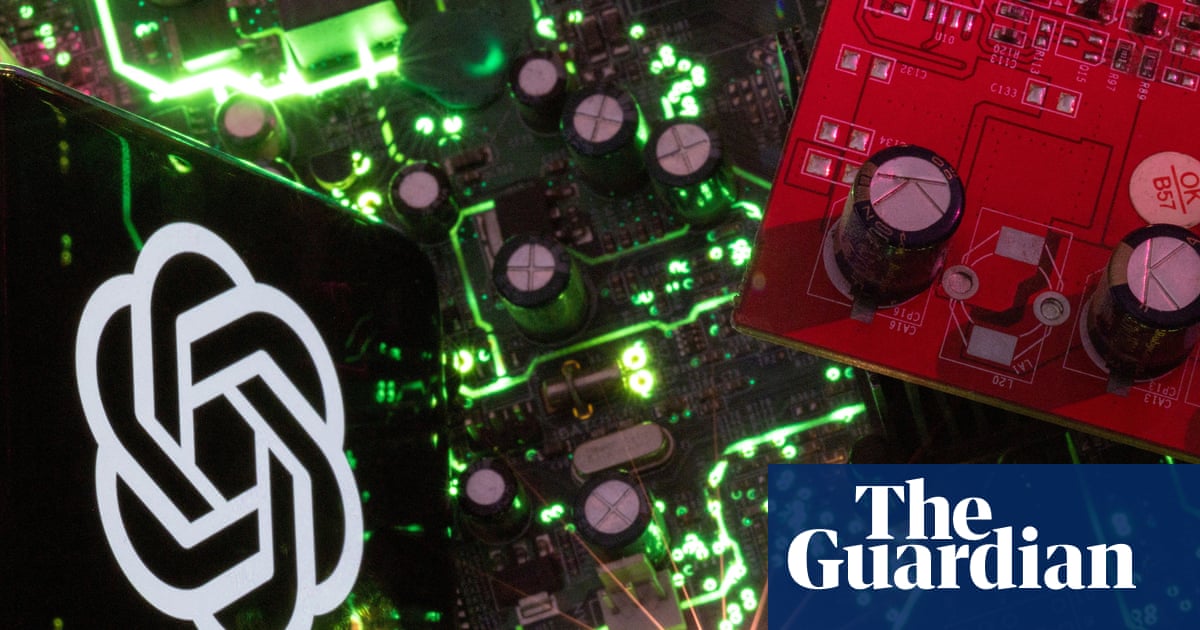AGI竞赛:理论迷雾下的技术竞赛与商业博弈
Sam Altman, CEO of OpenAI, described the latest ChatGPT upgrade as a "significant step on the path to AGI" but noted key limitations, such as the inability to "continuously learn." This highlights that current AI systems, while impressive, lack the full autonomy for independent, continuous work.
Competitors like Meta's Mark Zuckerberg and Google's AI unit are also aggressively pursuing AGI and superintelligence. Zuckerberg sees superintelligence as "now in sight," while Google is developing models that interact with simulated real worlds. Anthropic has also upgraded its Claude Opus 4 model. This intense competition underscores a global race fueled by substantial investment, yet the fundamental scientific understanding of how generative AI works and what is required for AGI remains uncertain, described by analyst Benedict Evans as a "thought experiment" with a "vibes-based" approach.
Despite the theoretical uncertainties, a more narrowly defined AGI, achieving 80th percentile human-level performance in 80% of digital tasks, could be within reach in the next five years, according to venture capital partner Aaron Rosenberg. However, others, like Matt Murphy of Menlo Ventures, view AGI as a "moving target" with an evolving definition and continually raised bar. Even without AGI, generative AI systems are generating significant revenue, with OpenAI reportedly reaching $13 billion in annual recurring revenue and in talks for a $500 billion valuation.
Experts like David Bader caution that claims of "superintelligence" often reflect competitive positioning and marketing rather than actual technical breakthroughs, emphasizing the need to distinguish between genuine advances and hype. Current improvements are seen in specific capabilities like reasoning and planning, but true superintelligence, exceeding human performance across nearly all cognitive domains, is still a distant goal. The massive investments in AI by major tech firms like Alphabet, Meta, Microsoft, and Amazon reflect a strategic imperative, though the rapid adoption of innovations by competitors limits the ability to gain a lasting advantage.
The AI race is also a global contest, with Chinese companies like DeepSeek, Zhipu AI, Alibaba, and MiniMax showing significant progress, with six of the top 20 AI models and six of the top 10 video generation models originating from China. Microsoft's president, Brad Smith, emphasizes global adoption as a key determinant of success in the AI race, drawing parallels with the 5G race and Huawei's dominance. This global dimension, particularly the US-China rivalry, ensures continued massive investment and talent deployment in AI development.


网友讨论